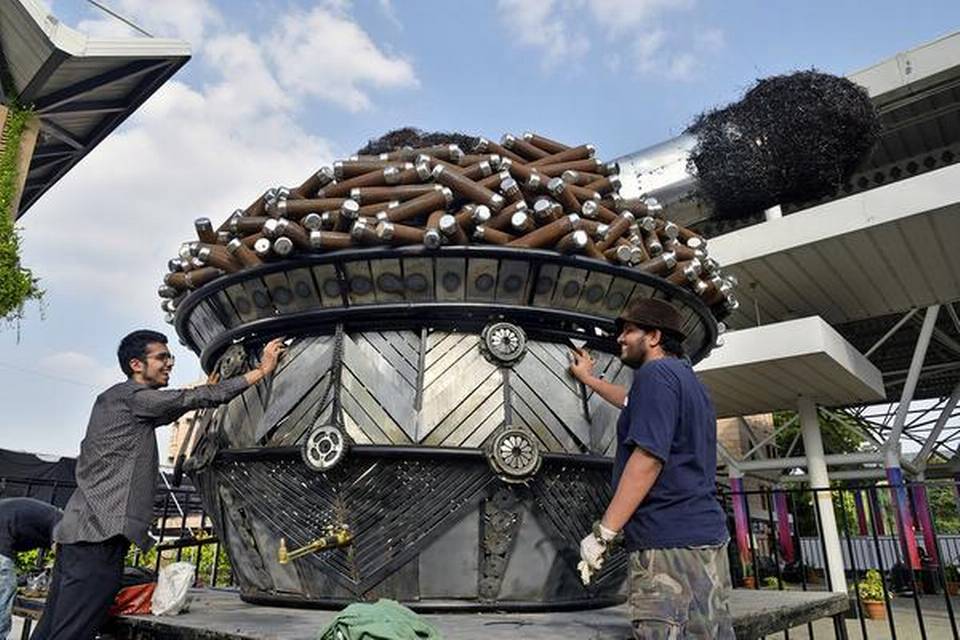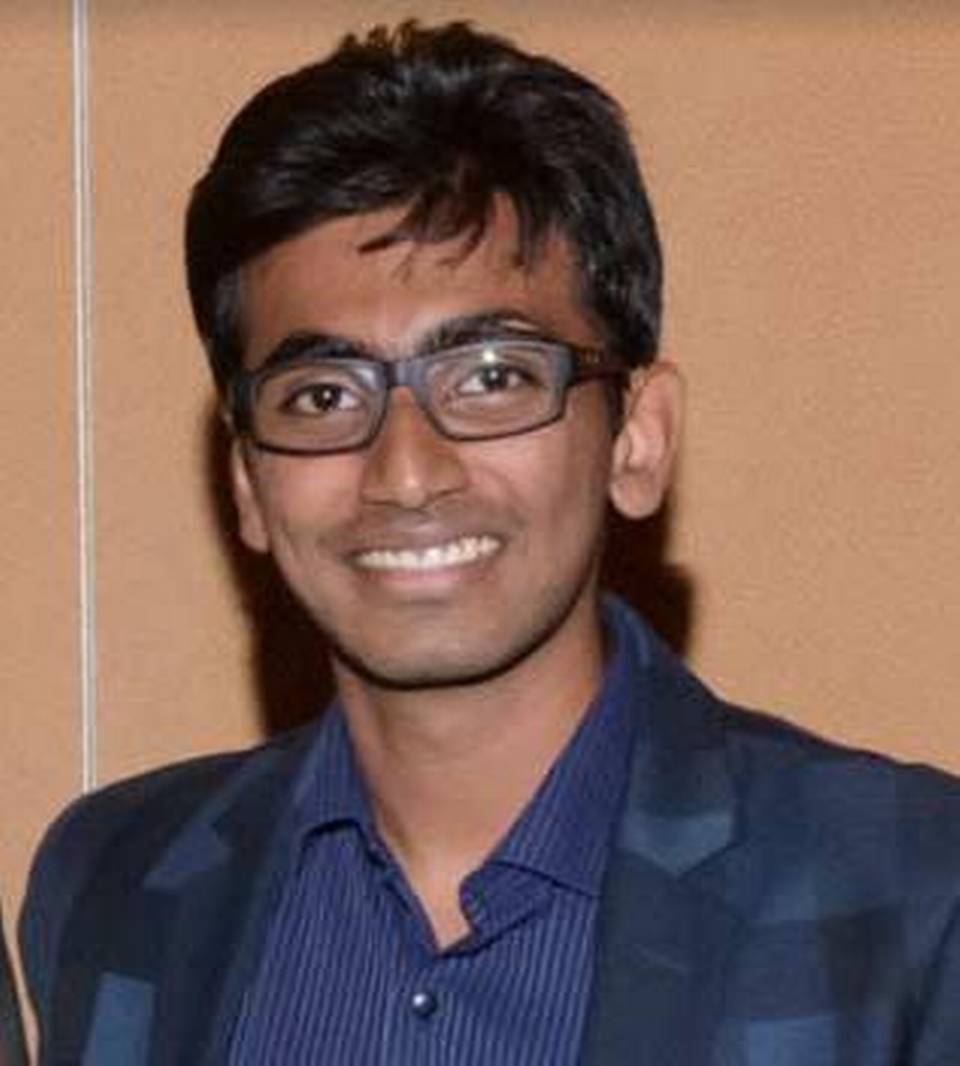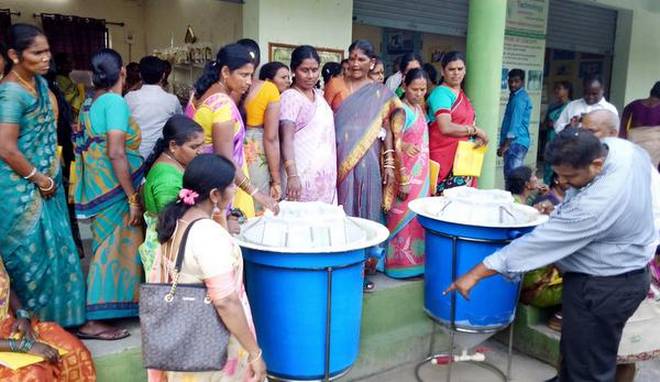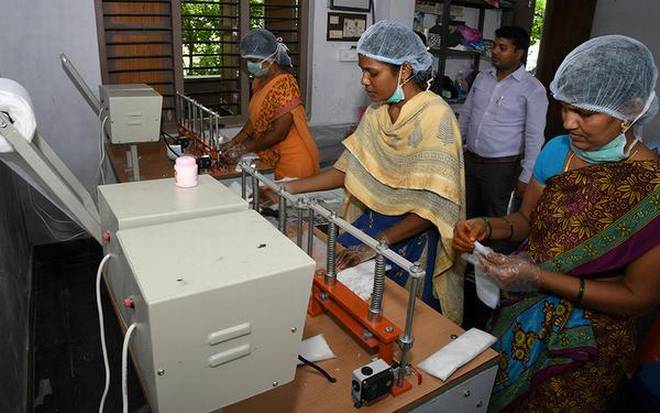Ramachandran and his team aim to monetise the software in the future and equip media houses with the software so that fake news can be easily identified.
Hyderabad :
So, how do we combat fake news? In what seems to be a novel solution, the IIIT-Hyderabad has developed an artificial intelligence-based laboratory that is equipped to identify fake news by a single tap of the keyboard. Called the Fake-O-Metre, the software can determine whether the headline of an article,its link or content is fake within seconds.
“It uses a range of options to tell you how much of the content is fake,” says Vijayasaradhi, an MS student involved in development of the software. “You can enter multiple headlines at the same time and derive results at one go.” During a demo presentation, the software analysed a bunch of headlines and gave varying range of colour-coded answers.
For instance, for the headline “The State is going to polls on December 7” it will give a green bar with a value below 30 per cent. “If it’s below 30 per cent, it means that the content is true. Similarly, if the value is above 60 per cent and the bar is red then it means that it is a fake content.” But how does the AI work? Vijayasaradhi added: “We collected around 10,000 potential fake news statements and fed it to the machine. This is like teaching by example. Now the AI will try to find a pattern from the 10,000 and try to determine whether the input that is being fed is fake or not.”
J Ramachandran, CEO of Gramener technologies and the industry expert for the AI lab at IIIT, said: “We are aiming to make this technology available in regional languages. For that we have introduced similar Fake-O-Metre in Spanish and Chinese on an experimental basis. “One of the most important requirement in doing a vernacular-specific fake news buster is that you need data. Since it is artificial intelligence, data has to be fed to churn out results. The software has to learn from the fed data as to what constitutes, or what words usually frame fake news in regional languages.”
For collecting this data Ramachandran is looking towards Facebook, Twitter and other social media. “Hate speech is prevalent on Twitter. So one can find specific hate speech by using that hashtag, which can later be culled to form data,” added Vijayasaradhi. Ramachandran and his team aim to monetise the software in the future and equip media houses with the software so that fake news can be easily identified.
source: http://www.newindianexpress.com / The New Indian Express / Home> Cities> Hyderabad / by Aihik Sur / Express News Service / November 13th, 2018



